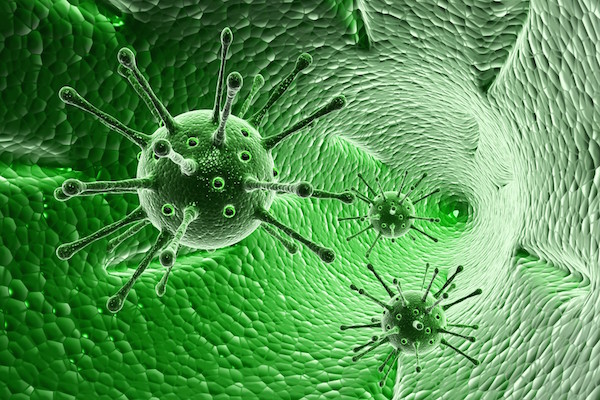WEDNESDAY, June 15, 2016 (HealthDay News) — People living with HIV are at high risk for lymphoma, and a new study concludes that stem cell transplant should be standard treatment in these cases.
The transplants should be “autologous” — meaning the cells come from the patients themselves, the researchers said.
The new findings could challenge the widely held belief that HIV-positive patients are not candidates for this therapy.
Instead, the study found that “overall survival for patients with HIV infection after transplant is comparable to that seen in people who were not HIV-infected,” said study lead author Dr. Joseph Alvarnas.
As his team explained, people with HIV are at increased risk for cancer, even if their infection is well-controlled with antiretroviral drugs. In fact, cancer is now a leading cause of death among HIV patients.
The risk of non-Hodgkin lymphoma, specifically in HIV-positive people, is up to 25 times higher than for people without HIV, Alvarnas’ team noted.
In an autologous stem cell transplant, healthy cells are removed from the patient’s own blood or bone marrow and administered to the patient to help recovery after high-dose chemotherapy.
It’s already standard treatment for patients with relapsed and treatment-resistant Hodgkin and non-Hodgkin lymphoma, the researchers pointed out. However, the therapy’s use in HIV patients with these illnesses has been largely restricted to centers with HIV expertise.
Elsewhere, doctors have been reluctant to treat HIV patients with stem cell transplant, Alvarnas’ team explained. There have been concerns that these patients’ immune systems might not recover after intensive chemotherapy or that the procedure would cause toxicity or infections.
But is that necessarily so? To find out, the new study included 40 patients with HIV and lymphoma and 151 lymphoma patients without HIV. Patients in both groups received autologous stem cell transplants.
Overall survival among the patients with HIV was 87.3 percent after one year and 82 percent after two years, the study found. That’s barely different from the 87.7 percent one-year survival of patients without HIV, the researchers said.
The rate of transplant-related death — from causes such as recurrence/persistence of the lymphoma, fungal infection or cardiac arrest — among HIV patients was 5.2 percent. Again, that rate was comparable to patients without the virus, Alvarnas’ team said.
And one year after transplant, 82 percent of patients with HIV still maintained healthy, undetectable levels of HIV, according to the study published online June 13 in the journal Blood.
“These findings are remarkably important for a group of patients who, up until now, have been inconsistently treated,” said Alvarnas, an associate clinical professor of hematology at City of Hope National Medical Center, in Duarte, Calif.
He believes that stem cell therapy can be of real value to lymphoma patients, including those with HIV.
“Transplantation allows clinicians to treat the cancer most effectively by using more intense doses of chemotherapy than can typically be given, while avoiding fears of wiping out the bone marrow,” Alvarnas explained in a journal news release.
“Based on our data, autologous stem cell transplant should be considered the standard of care for patients with HIV-related lymphomas for the same indications and under the same circumstances that we would use it in patients without HIV infection,” he said.
More information
The U.S. National Cancer Institute has more about HIV and cancer risk.
Copyright © 2026 HealthDay. All rights reserved.

